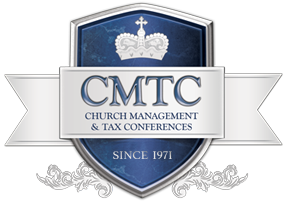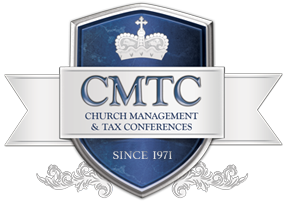Pulpit Freedom Sunday and Dangers that May Ensue
For the past several years, as Election Day nears, there are some Churches that practice “Freedom Sunday.” They use their pulpits to promote a particular political candidate and/or agenda. With the state that our nation is in, and the fact that Christianity seems to be the only voice that has been silenced, I can understand why this is practiced.
Legal vs. Illegal
From the founding of our nation until 1954, Pastors spoke freely and boldly from their pulpit about the issues of the day, political or otherwise, and about candidates running for office. However, in 1954, one piece of legislation was passed that effectively overturned this freedom. That legislation was The Johnson Amendment.
At what point does the First Amendment end and the Johnson Amendment begin? Many politicians believe Separation of Church and State is the determining factor. However, Separation of Church and State is not in the Constitution or the Bill of Rights. It was a term used by Thomas Jefferson in the Federalist Papers which was supposed to be an explanation of Article I of our Constitution. Jefferson never stated or implied that the Church could not be active in political affairs, but that the State could not be involved in the business of the Church.
Our First Amendment emphatically states: “Congress shall make no law respecting an establishment of religion, or prohibiting the free exercise thereof…” Our Constitution plainly states that Congress shall make no law that prohibits the free exercise of our religion and the freedom of speech that it entails. However, that does not seem to be the case today.
The Johnson Amendment was a change to the U.S. Tax Code in 1954 – named as such for then Senator, Lyndon B. Johnson. This amendment to prohibited tax-exempt organizations from endorsing or opposing political candidates. The only problem with this amendment is that it is in direct violation of our Constitution, which may only be changed by Amendments that are ratified by 38 of the 50 states in the USA.
This as yet, has not been challenged in court and until it is, it may present challenges for Churches which violate it.
Consequences
Until the issue is resolved by the courts, if it is violated, it may pose significant problems for any Church which engages in “Freedom Sunday.”
If a Church is found guilty of violating the Johnson Amendment, they may be subject to lose their tax-exempt status. At the least, it will cost the Church a court case that they may or may not win. If the Church should lose, it would mean that all donations to it would become taxable. This would result in a huge drop in the weekly tithes and offerings for that particular House of Worship.
Contrary to what many believe, most Christians do not give to their Churches because of their love for God – they give for the tax benefits, i.e. they need some write-offs.
This brings us to decision-time. All consequences are preceded by a decision. No one should make these types of decisions without having those decisions overseen by someone qualified in Church Accounting Law.
We Have the Answers
Chitwood & Chitwood has been the ultimate Church and Clergy tax professional for more than 78 years. Our experienced Church and Clergy CPAs and Attorneys, specialize in getting your Church or Ministry in IRS compliance and keeping it so to protect you from any IRS onslaught.
It would be in every Pastor’s and Church Leader’s best interest to attend the nearest Church Management and Tax Conference. Do not delay. At our conferences we cover topics that affect every Church and the urgency to become IRS compliant. Every moment delayed is a moment you could be inviting IRS trouble. Call 800-344-0076 or visit us at www.cmtc.org to register. You will be glad you did.
Remember, for us “It is a Ministry – Not a Job!”

